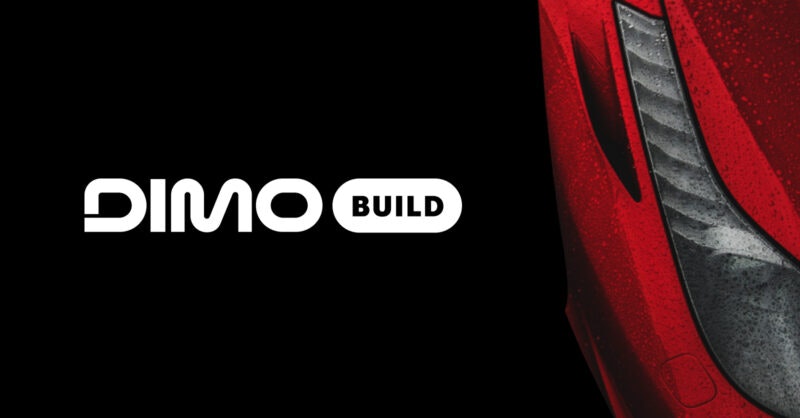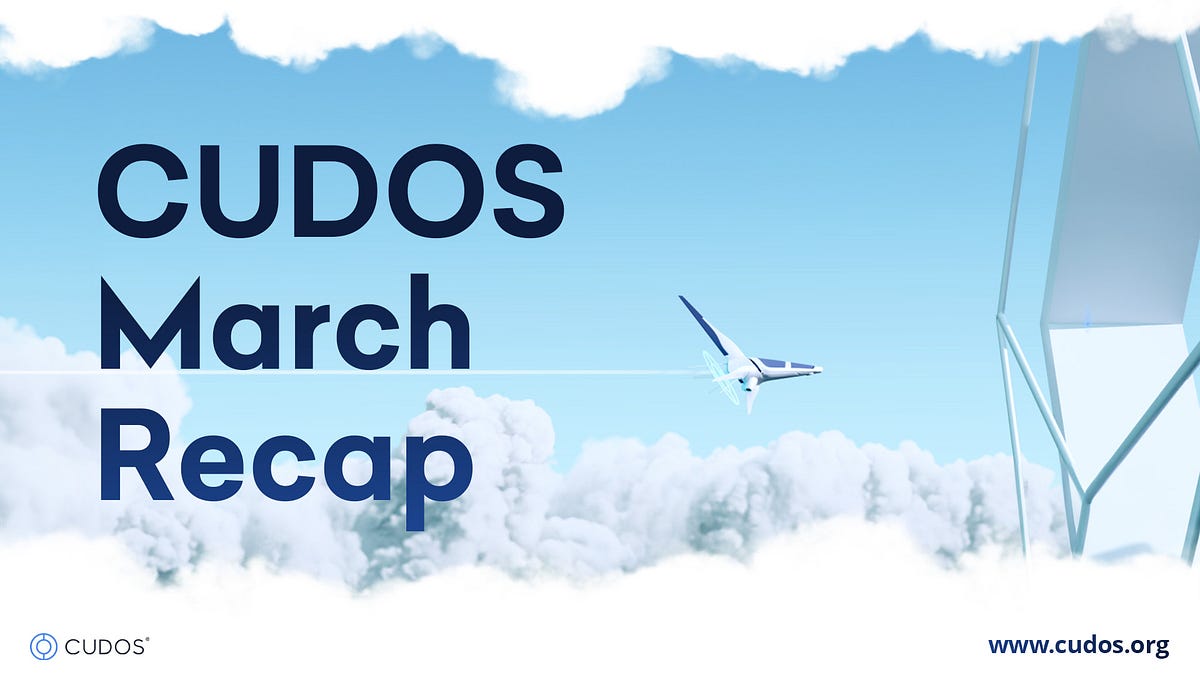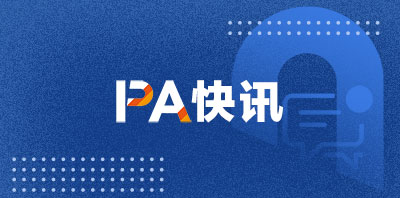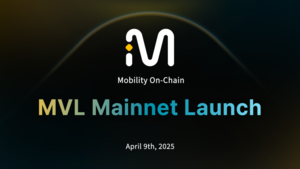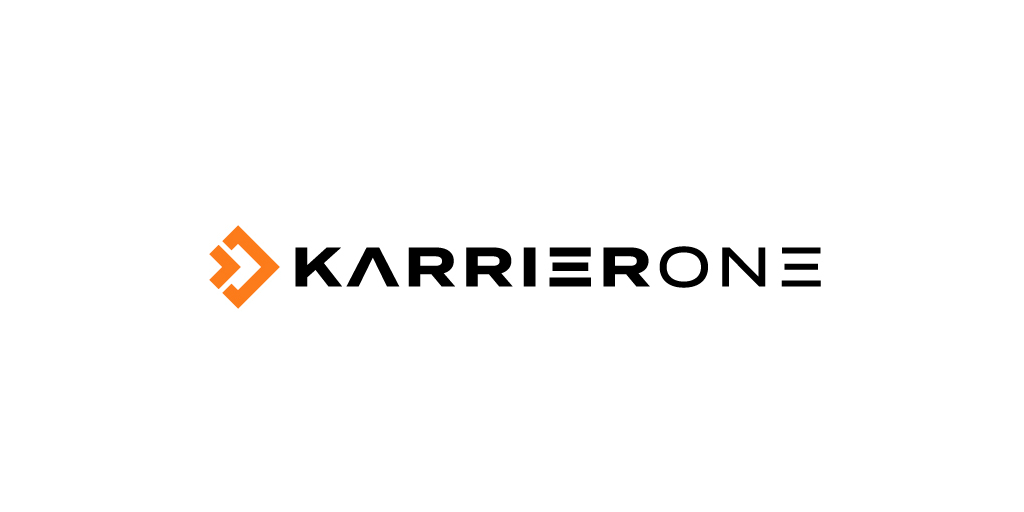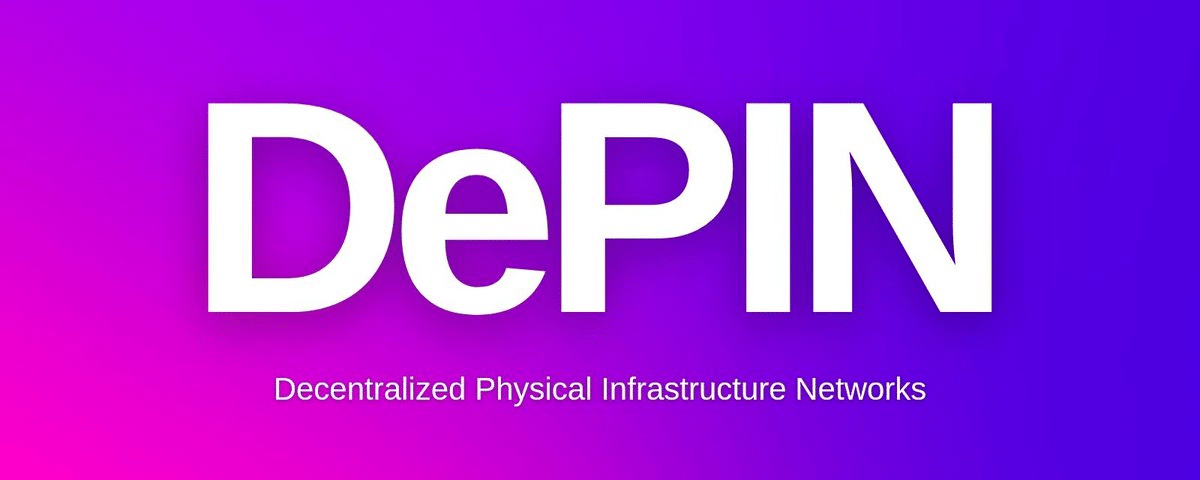Reviving Car Ownership Passion with DePIN

The automotive industry is at a crossroads with the emergence of electric vehicles and autonomous driving. However, the joy of car ownership is fading as vehicles become mere transportation devices. Decentralized Physical Infrastructure Networks (DePIN) aims to reignite the passion for car culture by connecting blockchain technology to the physical world. DIMO, a DePIN network, enhances the car ownership experience through vehicle integration technology, giving vehicles an on-chain identity and allowing owners to control their car and data. This opens up new services, experiences, and economic opportunities, such as earning crypto tokens for sharing vehicle data, which could be worth $800 billion by 2030. DePIN also has the potential to revolutionize the ownership experience by enabling customization, virtual car shows, and gamification of car ownership, as well as transforming commerce and registration processes in the automotive world.
Related News
